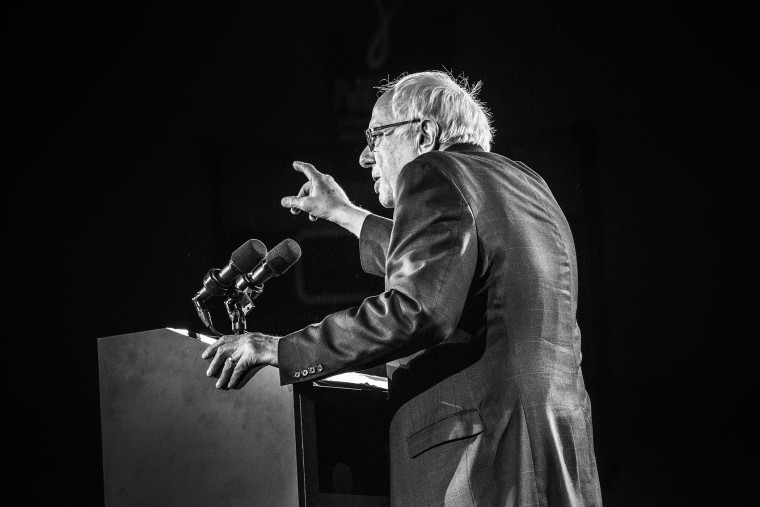Former Secretary of State Hillary Clinton and Sen. Bernie Sanders’ miniscule difference of 0.2 percent Monday night is the narrowest margin between two top Democratic presidential candidates in the Iowa caucus’ 44-year history. Before Monday night, the Democrats haven’t seen such a narrow Hawkeye State race since 1988, when Dick Gephardt beat politician Paul Simon by 4.6 percent.
Overall, the tightest Iowa caucus race was in 2012 between former Massachusetts governor Mitt Romney and former senator Rick Santorum (R-PA), with Santorum winning the GOP dead heat by a mere 34 votes after more than 121,000 republicans cast their ballots.
RELATED: Why Clinton’s apparent Iowa win feels more like a loss
Former presidents George H.W. Bush and Ronald Reagan followed with the third narrowest difference, with Bush winning by 2.1 percent in the 1980 Republican Iowa caucus. The fourth smallest difference in the Iowa caucus was the 3 percent difference between Republican nominees former Sen. Bob Dole and Pat Buchanan in the 1996. In comparison, Republicans Sen. Ted Cruz and Donald Trump’s difference of 3.34 percent in the 2016 Iowa caucus Monday night was the fifth closest race in the caucus history, as well.
While Republicans have typically seen more narrow races in the Iowa caucuses, Democrats have had the top five largest differences in their Iowa caucus races.
The biggest blowout in an Iowa caucus race was between former Sens. Tom Harkin (D-IA) and Paul Tsongas (D-MA), with Harkin winning by 72.3 percent. Former Democratic Vice President Walter Mondale's defeat over former Sen. Gary Hart (D-CO) by 32.4 percent in 1984 represented the second largest difference. Following Mondale and Hart, former Vice President Al Gore beat out former Sen. Bill Bradley (D-NJ) in 2000 by 28 percent — making it the third biggest difference in the Iowa caucuses.
Former President Jimmy Carter claims the fourth and fifth largest wins in the Iowa caucuses: In 1980, Carter won by 27.9 percent against former Sen. Edward Kennedy and defeated former Indiana Sen. Birch Bayh by 14.4 percent in 1976.
Republicans also broke a record for the party's largest turnout in Iowa caucus history Monday night with about 182,000 caucus-goers showing up, according to Fox News. This is a 60,000 jump in turnout for Republicans since their last Iowa caucus in 2012.
However, Democrats still hold the overall record for the largest turnout in the Iowa caucuses with 239,872 people in 2008. Democrats did not break that 2008 record, instead gathering 171,109 caucus-goers Monday night, according to the Iowa Democratic Party.
